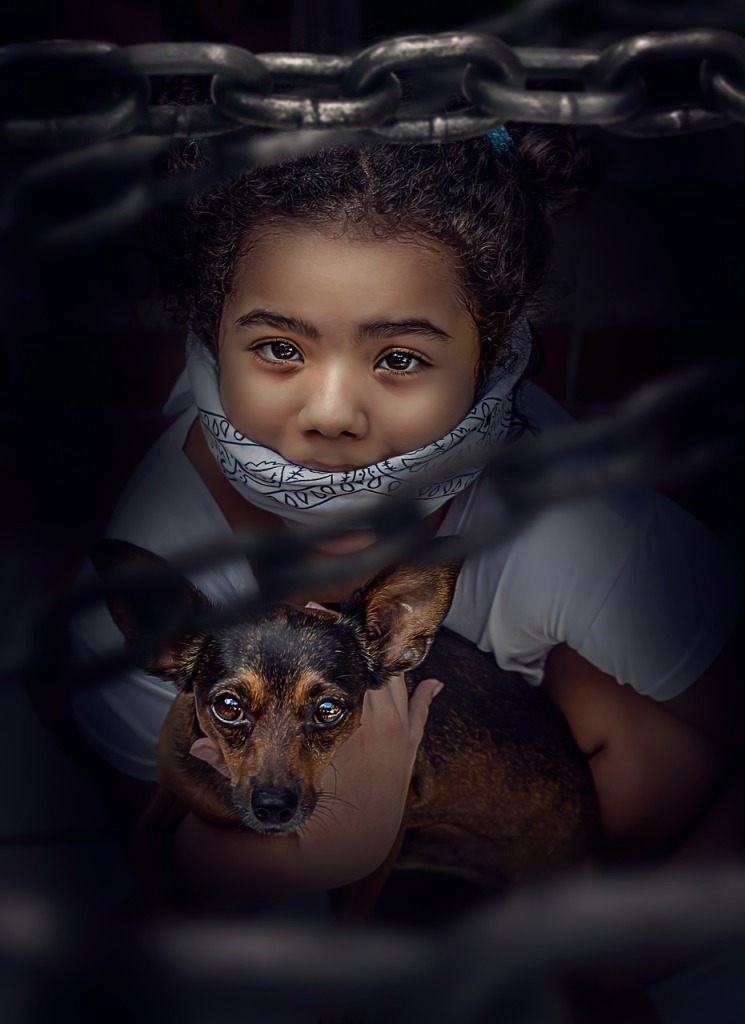(International Day against Child Slavery)
Although some may not want to acknowledge it, millions of children around the world continue to be victims of slavery in all its forms.
On this day, we remember the murder of Iqbal Masih (1982-1995), whose father accepted 600 rupees in payment for his son to work, in chains and under the orders of his «lord and master», 12 hours a day on a loom making carpets. At that time, the authorities and employers cared little about hundreds of children working as slaves. All that mattered was the quality of the product and the economic profit, even if the working conditions were subhuman.
But Iqbal couldn’t take it any longer and managed to escape in order to expose the suffering of thousands of children across the country. With the help of the Bhatta Mazdoor Mahaz trade union, and despite many attempts at bribery, his last «owner» saw his factory closed down and was brought to justice for all his crimes. From that moment on, little Iqbal dedicated his whole life to denouncing the abuses of carpet manufacturers who forced children to work to the point of exhaustion. Iqbal’s voice echoed everywhere despite his small body: «DON’T BUY ANY OF THOSE RUGS! CHILDREN SHOULD HAVE PICKS IN THEIR HANDS, NOT TOOLS!»
But Iqbal’s enormous courage cost him dearly. Shortly afterwards, he was brutally murdered by the gunfire of Ashraf Hero, a middle-aged man addicted to heroin. But there are those who claim that the little boy’s death was planned by a group of mercenaries in the pay of the «Carpet Mafia». We may never know the truth, but what we do know is that the little boy’s message is still very much with us today, and for this reason, in tribute to Iqbal, we celebrate International Day Against Child Slavery.
On the 28th anniversary of Iqbal’s murder, we cannot forget that nearly 400 million children, mainly in areas hit by extreme poverty, armed conflicts or natural disasters, live under the yoke of slavery and at risk of being captured by criminal organisations involved in human trafficking, organ trafficking, drug trafficking or child sexual exploitation. Not to mention the thousands of «child soldiers» who are forced to fight in forgotten wars that matter little to the rest of the world.
We know what is happening, we know where it is happening and we know who is responsible for it. If we do not want to be complicit, we must act to protect those who are undoubtedly the most innocent of the innocent from all forms of abuse, mistreatment, exploitation and slavery.
We are condoning the destruction of the future of millions of children, trampling on their inviolable human dignity and robbing them of their most basic rights.
And by our silence, we are denying them what they are: Innocent children.
Let us stop looking the other way.
